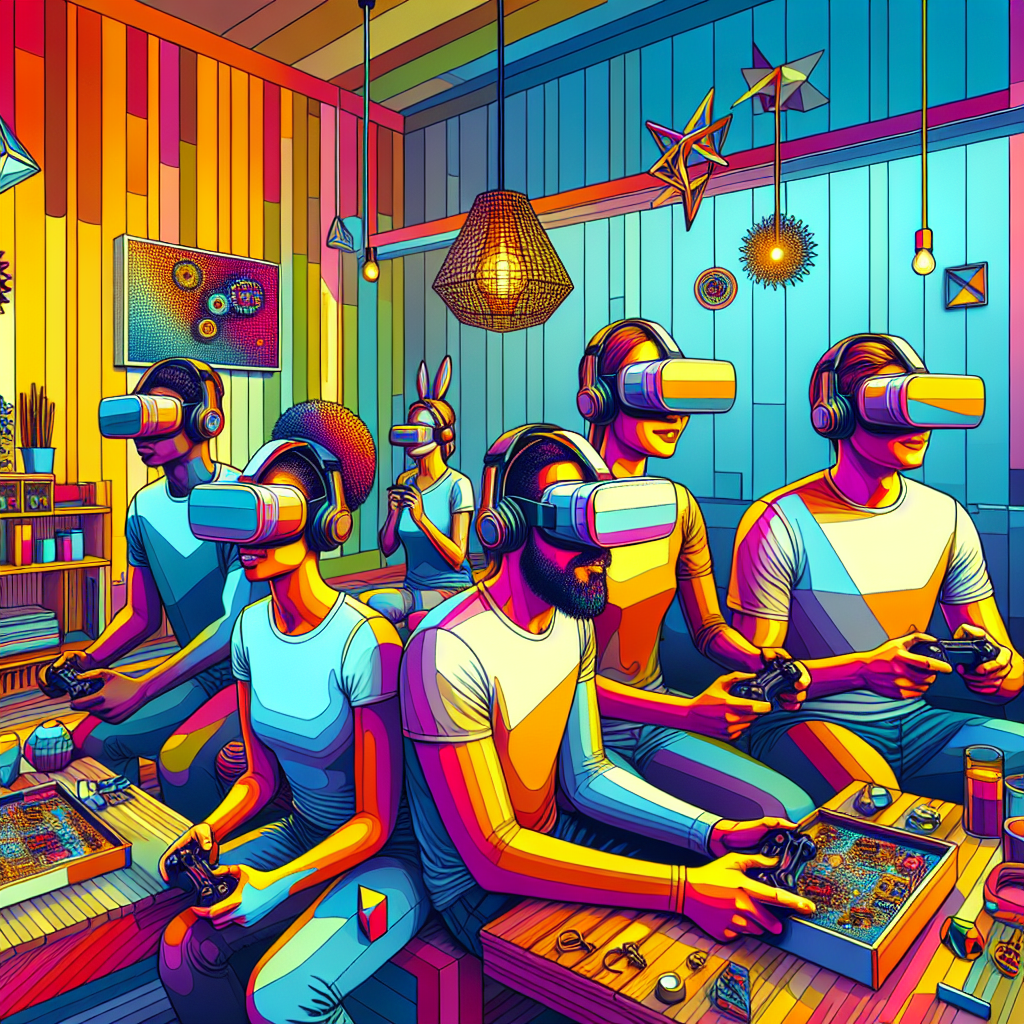The impact of video games on mental health is a topic of growing interest and debate in today’s digital age. While many gamers enjoy the immersive worlds and social connections that gaming offers, others express concerns about potential negative effects. Understanding the complex relationship between video games and mental health is essential for both players and their families.
Positive Effects of Video Games
Research indicates that the impact of video games on mental health can be largely positive. Video games can serve as a form of escapism, allowing players to temporarily distance themselves from stressors in their daily lives. Engaging in gameplay can lead to improved mood and reduced anxiety levels. A study by the American Psychological Association found that playing video games can enhance emotional resilience and even foster social connections among players.
Moreover, video games often encourage teamwork and collaboration. Multiplayer games, in particular, require players to communicate and strategize together, which can enhance social skills. This is especially beneficial for individuals who may struggle with face-to-face interactions. Games like League of Legends and Destiny 2 provide platforms for players to connect and build friendships, which can contribute positively to mental well-being.


Negative Effects of Video Games
However, the impact of video games on mental health is not universally positive. Excessive gaming can lead to isolation and withdrawal from real-life relationships. For some individuals, especially those predisposed to mental health issues, video games can become an addictive escape, leading to neglect of responsibilities and social connections. The World Health Organization has recognized gaming disorder as a mental health condition, highlighting the potential for negative consequences.
Additionally, the content of certain games can influence mental health. Games that are excessively violent or stressful may exacerbate anxiety and aggression in some players. It’s critical for parents and guardians to monitor their children’s gaming habits and ensure they are engaging with age-appropriate content. Resources like Common Sense Media provide valuable information on suitable games for various age groups.
Finding Balance
To maximize the positive impact of video games on mental health while minimizing the negatives, balance is key. Setting time limits on gaming can help prevent excessive play and ensure that individuals maintain other aspects of their life, such as physical activity and face-to-face interactions. Engaging in diverse activities outside of gaming can provide a more holistic approach to mental health.
Additionally, parents can encourage games that promote educational benefits or cognitive skills, such as puzzle games or strategy games. Games like The Legend of Zelda: Breath of the Wild not only provide entertainment but also challenge players to think critically and solve problems, which can be beneficial for mental agility.
In conclusion, the impact of video games on mental health is multifaceted, offering both benefits and risks. By fostering healthy gaming habits and promoting positive interactions, players can enjoy the advantages of gaming while safeguarding their mental well-being.
Some content and/or images on this page were created using AI.





